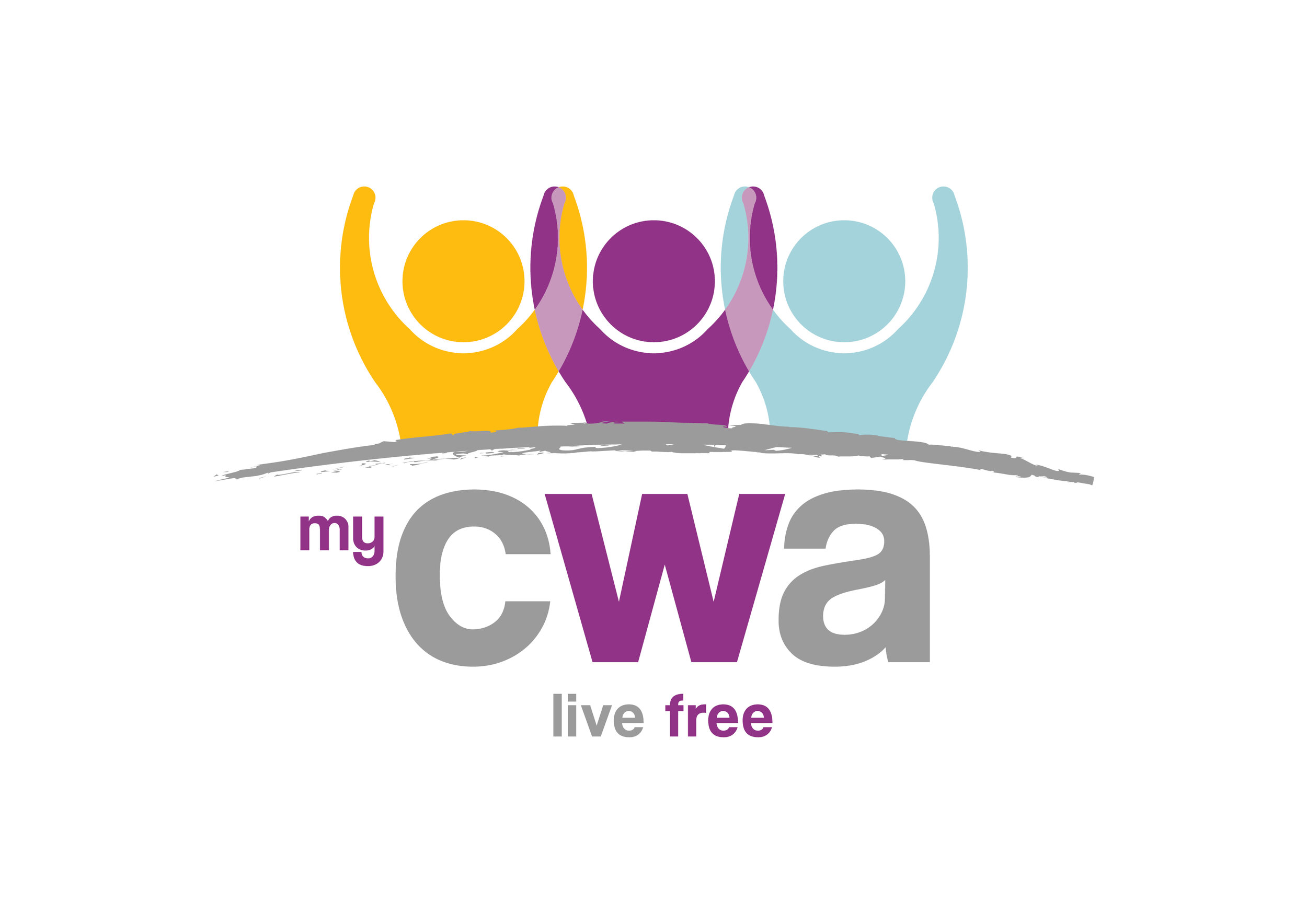adolescent to parent abuse
Adolescent to parent abuse happens when an older child physically, emotionally or financially abuses their parent. As with all abuse, it’s designed to control, dominate and coerce you.
Although adolescent to parent abuse isn’t legally defined, it’s increasingly recognised as a form of abuse.
What behaviours does adolescent to parent abuse involve?
With adolescent to parent abuse, the behaviours involved create an environment where a parent is ‘silenced’ in order to avoid conflict or violence. This gives the child greater control.
If your child has ever threatened you, frightened you or manipulated you in order to control or coerce you, then it’s quite possible that you’ve experienced adolescent to parent abuse.
We’ve listed some examples of adolescent to parent abuse below:
Threatening you
Damaging your home or possessions
Swearing, shouting and being verbally abusive towards you
Degrading, humiliating or embarrassing you in front of others
Threatening to run away or move out if you don’t do what they want
Directing heightened sexualised behaviour towards you
Stealing from you
Parent to adolescent abuse is a common – but often hidden – form of family abuse. Very few people want to admit that their own children are hurting them.
What did you do wrong to cause this? The answer is: nothing. This isn’t your fault.
The only person to blame for any abuse is the abuser. Call us now if you need to talk.
“Aren’t all teenagers stroppy though?”
Don’t confuse stroppy and hormonal with violent and aggressive. Don’t confuse typical teenagers testing boundaries with a child actively trying to control you. They aren’t the same thing.
It’s perfectly normal for adolescents to display a certain level of healthy anger, conflict and frustration during their transition from children into adults, but violence is about displaying behaviour that will control your actions by frightening you.
It’s not normal or healthy to be frightened of your child. If you are, it’s possible that you’re experiencing adolescent-to-parent abuse.
“Abused by my own child? How humiliating.”
That’s part of the plan. If you feel humiliated, embarrassed or degraded, you’re less likely to speak up.
You’re more likely to change your behaviour in order to accommodate their demands. You’re easier to dominate.
As with any abuse, the intension is to gain power and control. It’s unlikely that this will all go away if you keep quiet.
If you feel like you’re struggling and need some support, contact us now and let’s plan for the bright and happy future you deserve.
If you feel like you could be in an abusive relationship with your child, have a read of our get help section for some self-help tools.
For more about the services we provide, take a look at our services. Call our 24-hour helpline on 0300 123 5101 (or 01270 250390 if you’re calling from another area) if you need to talk.

